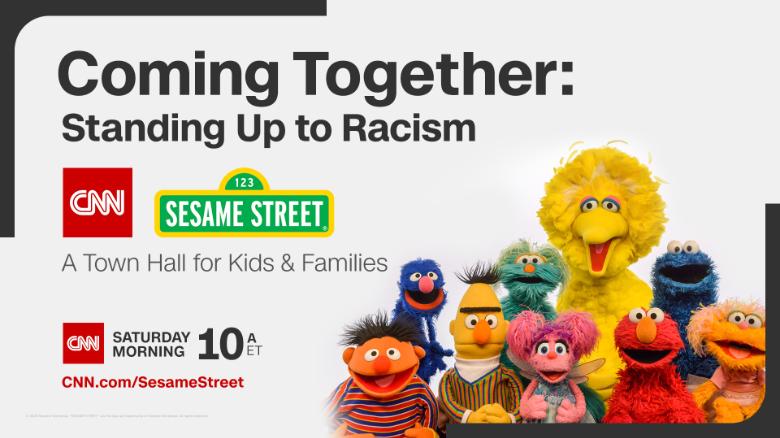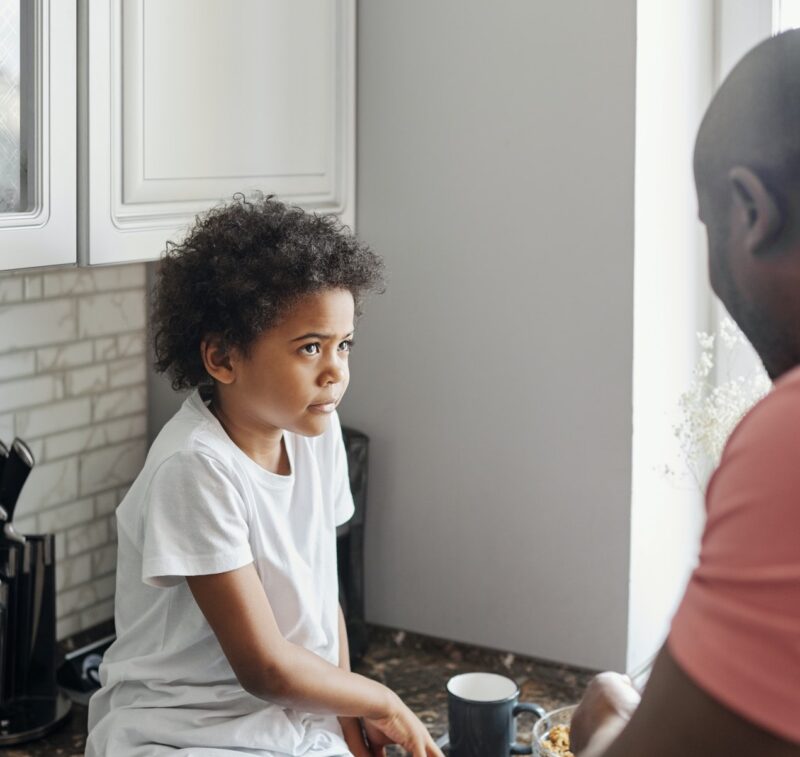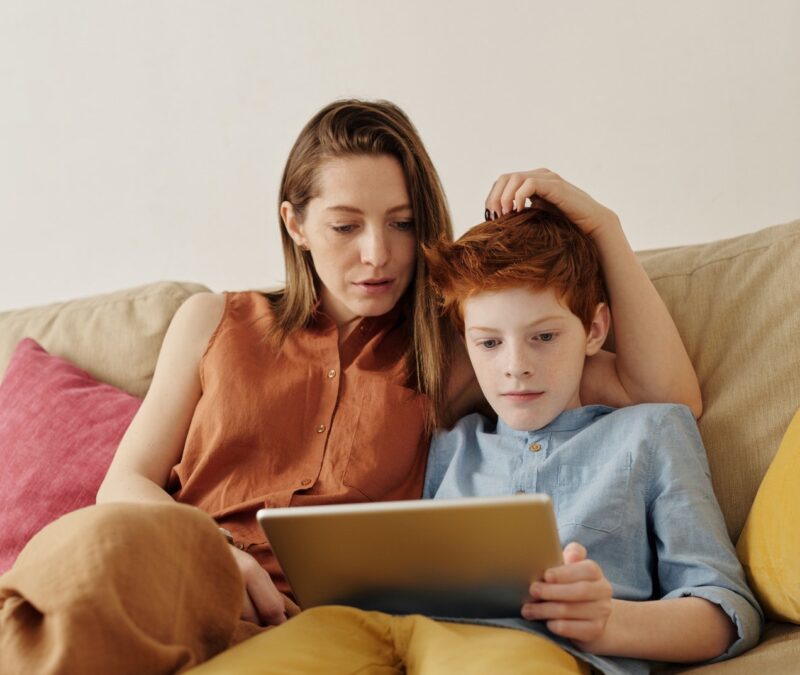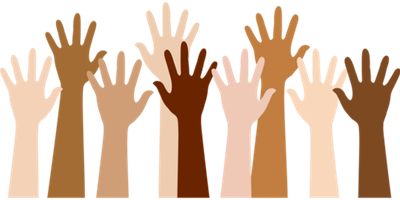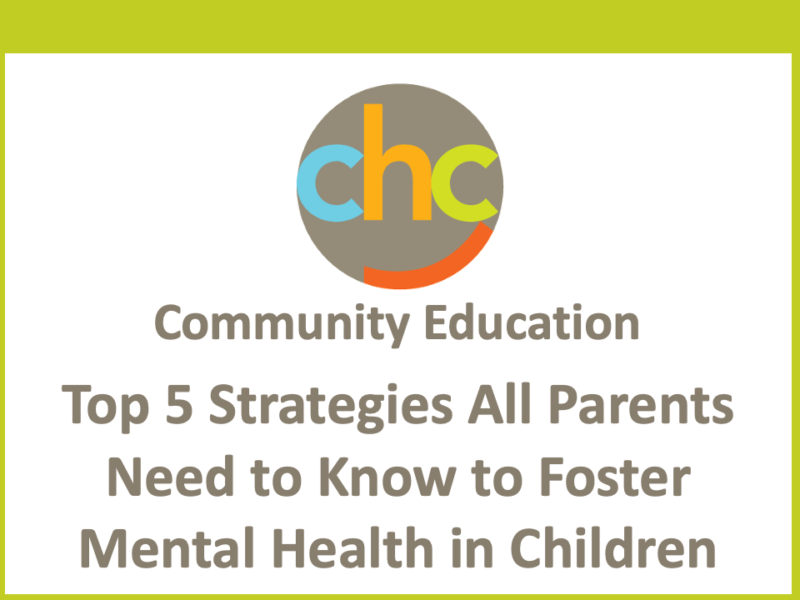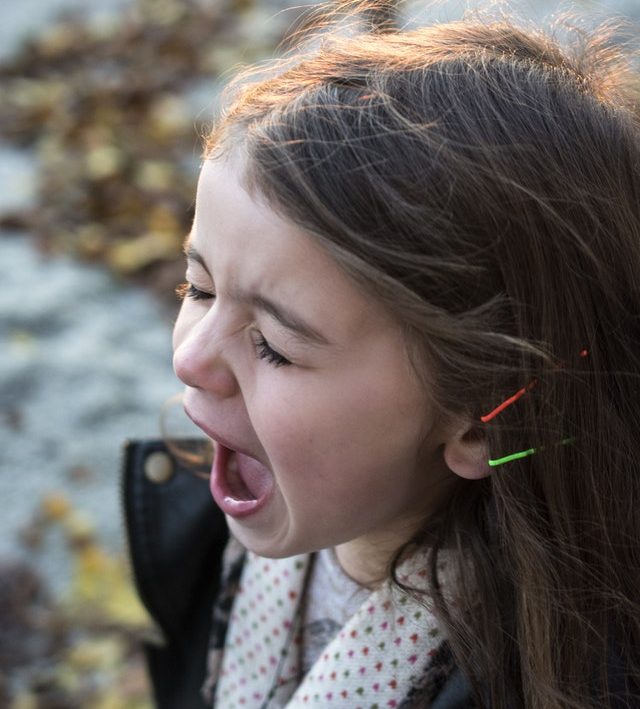
30+ Books to Educate Kids and Teens About Race
It’s never too early to talk to your kids about race—these books are a great place to start. Speaking to children and teens about diversity might seem daunting, but it is more important than ever. Studies from Harvard University suggest Read more >>
